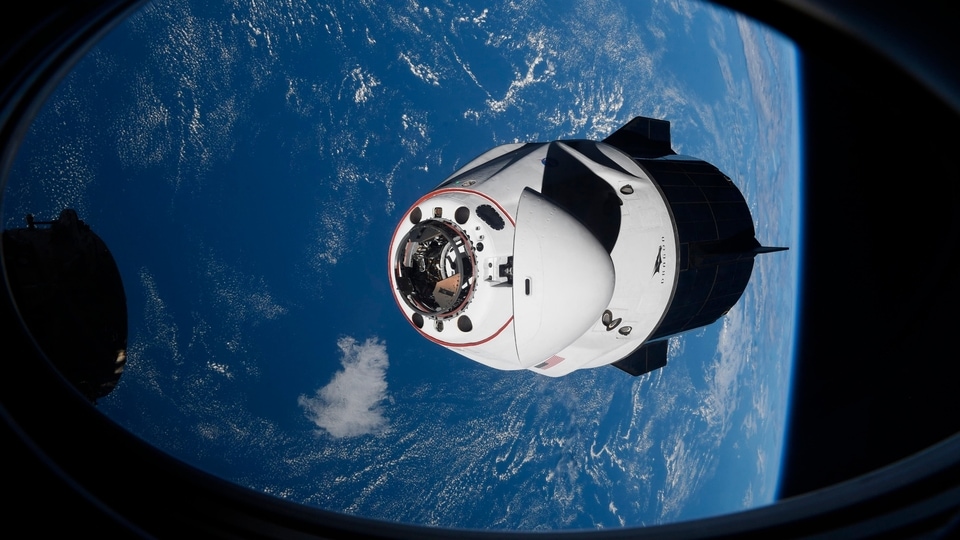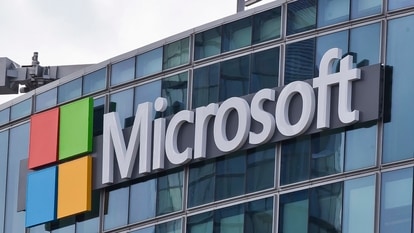Israel's Rakia mission will test technology for next-gen space travel
An Israeli mission plans to send four astronauts on a SpaceX rocket early next year to test dozens of new technologies that could enable the next generation of space travel.

An Israeli mission plans to send four astronauts on a SpaceX rocket early next year to test dozens of new technologies that could enable the next generation of space travel.
The Rakia Mission, which will include Israeli businessman Eytan Stibbe, will test more than 40 locally developed technologies in the International Space Station, Israel's Ministry of Science and Technology said in a statement on Wednesday. Technologies being tested include super-fast-charging batteries and viscous liquid telescope lenses that pack more magnifying power in a smaller, simpler package, it said.
The project is part of US firm Axiom Space's bigger ambition to operate the first commercial space station. Space travel is poised to get a boost with companies like Axiom, Elon Musk's SpaceX and Jeff Bezos's Blue Origin trying to commercialize what was once reserved for government agencies. And a number of countries are angling to send astronauts to Mars in the coming decades. More than 100 people will fly into space over the next 10 years, according to Ran Livne, Chief Executive Officer of the Ramon Foundation and head of Rakia.
Read More: Musk trolls Bezos as space race between world's richest men heats up
The project is conditional on the mission's ability to raise funds to cover the cost and NASA's approval of the technologies, the ministry said in the statement. The Israeli government will “issue a call for assistance in fundraising once the state's budget has been approved,” and the Ramon Foundation, created in honor of the first Israeli astronaut, will look for alternative sources of funding, it said.
Developing more efficient ways to monitor astronaut health will be key to the growth of this industry as missions become more frequent and complex. About 75% of the experimental technologies on board will be life support systems, Livne said.
“When people talk about going to Mars, it's a two- to three-year mission, and we just don't know how the body will react,” he said.
Among the technologies that will be tested are Healthy.io's urine diagnostic platform, which processes pictures of dipsticks taken by smartphones into clinical results within minutes, and is now in use in the U.K.
“Our promise to the world is to turn any place with a limited bandwidth and a basic camera into a medical lab,” said Healthy.io CEO Yonatan Adiri. “Space offers an extreme test to our technology and an opportunity to serve humanity's bravest women and men.”
Also read: Top reasons why smartphone batteries explode, and how you can prevent it from happening
The experiments could also have significant impact on terrestrial industries, too.
StoreDot Ltd., backed by investors such as Samsung Electronics Co. and BP Plc, is sending 10 fast-charging car batteries on the mission to replicate the process for charging and depleting them at zero gravity. This will improve understanding of the chemical reactions that cause the silicon used in StoreDot's batteries to expand during the fast-charging process, CEO Doron Myersdorf said.
The time to recharge electric vehicles is one of the major impediments to the growth of that industry. Replacing the graphite on the battery's anode with silicon is a way to reduce the cost and StoreDot is working with samples that can be charged in five minutes, Myersdorf said. The drawback is that the silicon in the batteries needs to be replaced more quickly than other materials.
“This is our number-one challenge, to really increase the life cycle dramatically,” Myersdorf said. “A breakthrough is needed on the material science level in order to really have a very sustainable, cost effective, reliable and safe” product.
Catch all the Latest Tech News, Mobile News, Laptop News, Gaming news, Wearables News , How To News, also keep up with us on Whatsapp channel,Twitter, Facebook, Google News, and Instagram. For our latest videos, subscribe to our YouTube channel.

























